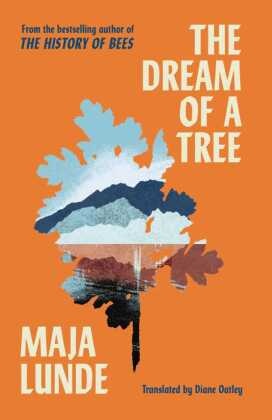| Verlag | Simon & Schuster UK |
| Auflage | 2024 |
| Seiten | 480 |
| Format | 15,5 x 3,0 x 23,5 cm |
| Paperback - Trade paperback (UK) | |
| Gewicht | 514 g |
| Artikeltyp | Englisches Buch |
| EAN | 9781471185328 |
| Bestell-Nr | 47118532UA |
Set in an apocalyptic future, where the planet is failing and many species have died out, a small community guards a vault of seeds in the Polar north. When a grieving mother is sent on an expedition to find the fabled seeds, it sets into motion a chain of events that could change everything.
From the bestselling author of The History of Bees
Longyearbyen, 2110: Far to the North, buried deep in the mountains, is a massive vault filled with seeds from every corner of the Earth. Tommy grows up in the brutal landscape of Spitzbergen alongside his two brothers, for whom he would do anything, and his grandmother, the seed keeper of the vault. Life just to the South of the North Pole is demanding, but their tiny community has found its shape. It has been many years since they cut off contact with other countries, and in their isolation, they live in harmony with nature.
When Longyearbyen is hit by a disaster, Tommy, his brothers, and his grandmother are among the few survivors. Six lonely people in a deserted landscape, in possession of a treasure the world thought forever lost.
At the same time, in a place far, far away, Tao subsists on the memories of her son Wei-Wen, whom she lost twelve years ago. Every day is the same; she is numb with sadn ess. And she is starving, like the rest of her people, trapped on a barren, impoverished land where countless species have disappeared.
But everything changes the day Tao is asked to lead an expedition to the North. The destination is Spitzbergen and its legendary seeds.
From acclaimed Norwegian author Maja Lunde, The Dream of a Tree is a chilling and gripping tale about our responsibility to this planet, both as a species and as individuals. Past, present and future are woven together, and the novel poses questions that our age is striving to answer: How did homo sapiens become the species that changed everything? Do we deserve to be masters of nature? And are we, too, an endangered species?

